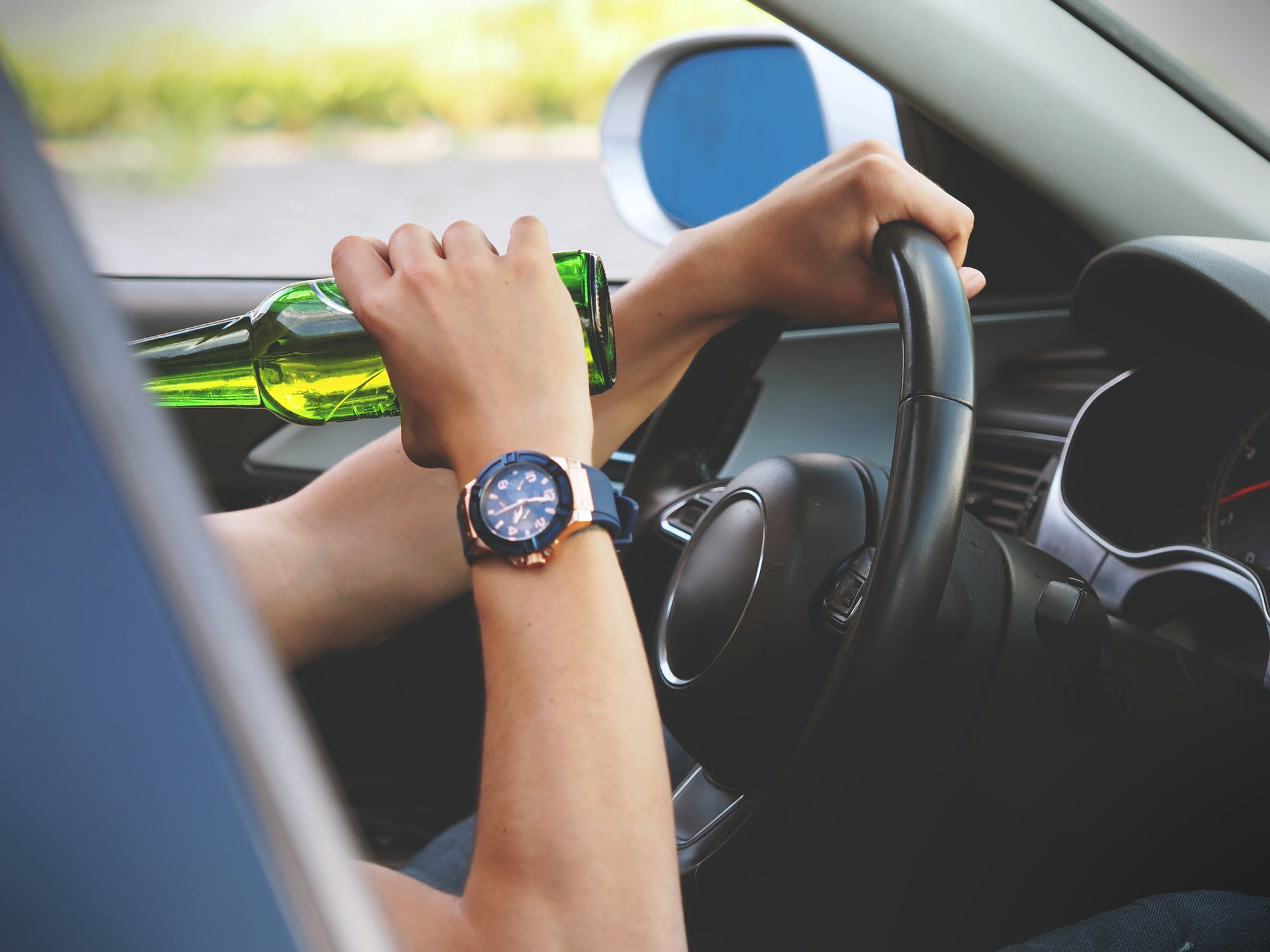If you drink and drive, getting a DUI can be devastating to every area of your life, even if you don’t get in an accident and no one is hurt.
Drinking and driving is dangerous to you, your passengers, and other people on the road.
However, people do make mistakes, and the repercussions of driving under the influence can extend to many areas of your life.
There are legal and financial consequences, and you may lose your license for a period of time. If you can drive, it may be under limited circumstances, such as to and from work, and you might have to install a device in your vehicle that checks your blood alcohol level before you can start the car.
There are also effects on your car insurance.
If you have a DUI, even if it was in the past, insurance companies are likely to charge you higher premiums because they’ll see you as posing a bigger risk. Read more here about buying SR-22 insurance in Ohio, a complete guide to know more.
Premiums can go up by thousands of dollars because of a single DUI conviction. Estimates show that following a DUI, you can expect your insurance rates to go up anywhere from 30 to 100%. Your insurance company might also opt to drop you altogether. They can’t legally cancel your insurance, but they can refuse to renew your policy when the time comes.
Along with the DUI itself, specific factors that affect your car insurance after getting one include your age, how long has gone by since your conviction, and whether or not you’ve had more than one DUI.
When you get a DUI you’re automatically considered a high-risk driver, and insurers will check your driving record when you renew your coverage, so don’t think it can be hidden.
What some people don’t realize is that a DUI means you’re driving under the influence of a substance, and that substance doesn’t always have to be alcohol. Other substances that impair your driving ability include prescription drugs, even though they’re legal, as well as illegal drugs.
Even if you have just one drink, which might be under the legal limit, if you pair it with a mind-altering prescription drug, for example, then you can still be charged and convicted for DUI.
With that in mind, the following are some things to know about auto insurance following a DUI conviction.
How Long Will a DUI Affect Your Rates?
For at least several years following a conviction, insurers are likely to see you as high-risk. You may have to pay higher rates for anywhere from three to five years, and sometimes longer.
There are differences in states as far as how long a DUI offense can stay on your record.
In California, just as an example, a DUI stays on your record for ten years.
Filing an SR-22
If you get a DUI, your start might require you to file an SR-22, which is a statement of financial responsibility. This is filed by an insurance company on your behalf in most cases.
You usually fill out the SR-22 even if you’re allowed to maintain your driving privileges. This certificate of financial responsibility is meant to show you’ve purchased at least your state’s minimum required amount of insurance coverage.
Getting New Insurance
If your company decides not to renew your policy or it’s too expensive, you might consider shopping around.
There are a lot of companies that offer DUI insurance, and the rates can vary significantly.
Some of the factors that influence rates include demographics like your age and the state you live in.
It’s tough to say there’s a “best” company when it comes to DUI insurance. You really do just have to compare them all.
If you have a major traffic violation, it’s almost always best to shop around for insurance.
Also, while you’ll often hear the term DUI insurance, there’s not actually specific DUI insurance. Rather, it’s a phrase used as you compare insurance.
Finding affordable car insurance after a DUI is just one of the many hurdles you’ll face in this situation. Your employment can be affected, as can other areas of your finances. You may have a hard time getting a new job in the future with a DUI on your record too.
The best thing you can do is always avoid driving when you’ve used any substance, even if it’s legal and even if you think you’re in no way impaired. Otherwise, it can be something with consequences you deal with for years.

